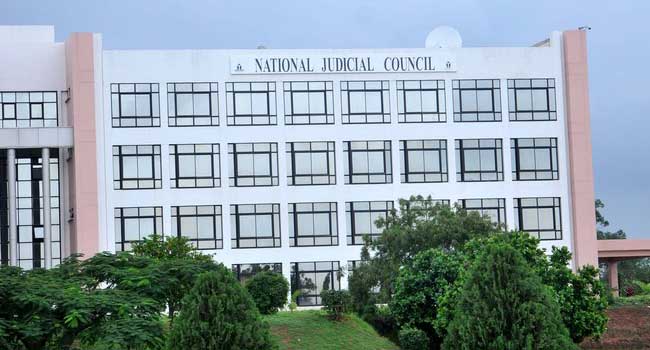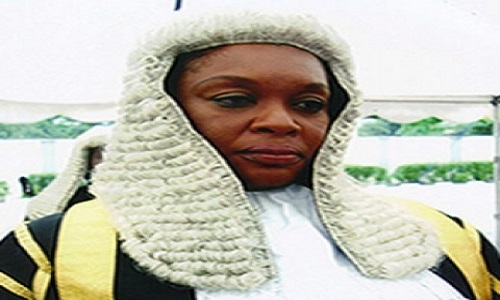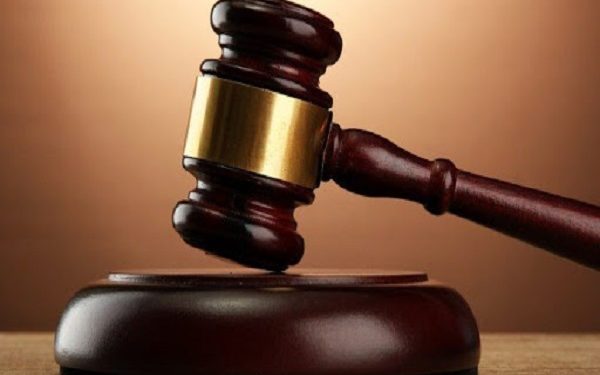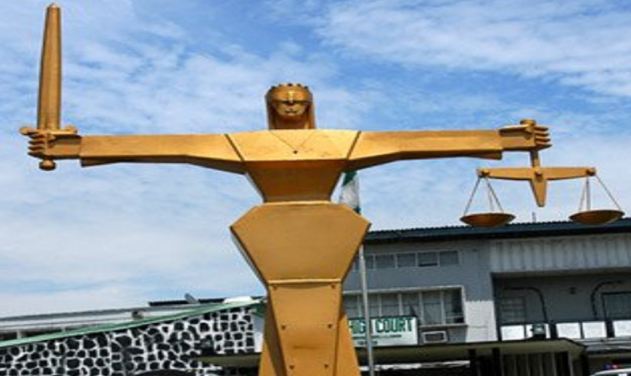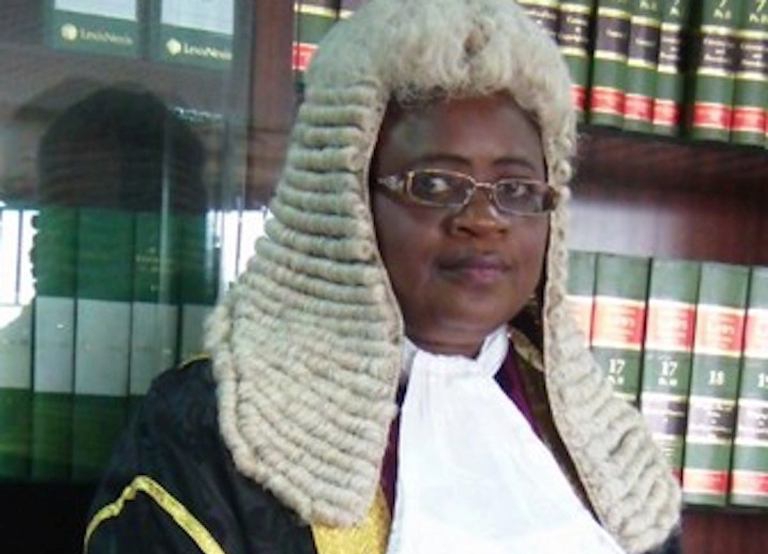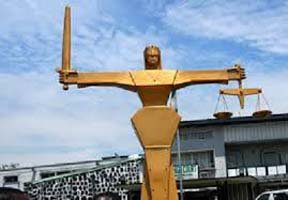The National Judicial Council (NJC) has recommended 18 candidates to President Muhammadu Buhari for appointment as Justices of the Court of Appeal.
This is contained in a statement by the spokesperson of NJC, Soji Oye, on Friday in Abuja.
The council said the decision to recommend the Judges for the various appointments was taken at the 94th Meeting of NJC held on Dec. 17 to Dec. 18 2020 under the Chairmanship of the Chief Justice of Nigeria, Justice Tanko Muhammad.
The Council further okayed the appointment of eight heads of court, even as it constituted a panel to probe allegations that were brought against a serving judge.
It gave the list of the successful 18 candidates it recommended for elevation to the Court of Appeal bench as Justices Bature Gafai, Muhammad Sirajo, Waziri Abdul-Azeez, Yusuf Bashir, Usman A. Musale, Jauro Wakili and Abba Mohammed, Others are Grand Kadi Mohammed Danjuma, Danlami Senchi, Mohammed Abubakar, Hassan Sule, Amadi Ikechukwu, Peter Affen, Sybil Gbagi and Olasumbo OGoodluck.
Others are Justices Banjoko Ibironke, Hon. Olabode Adegbehingbe and Hon. Bola Ademola.
The council also recommended the appointment of Justice Salisu Garba as Chief Judge of the FCT, Justice Simeon Chibuzor Amadi as Chief Judge of Rivers.It further recommended the appointment of Hon. Justice Patience Onuwa Elumeze as President of Customary Court of Appeal, Delta State.
“All recommended candidates are expected to be sworn-in after approval by the President, Muhammadu Buhari, GCFR and their respective State Governors and confirmation by the National Assembly and the respective States Houses of Assembly”, the statement added.
The NJC said it had also at the meeting, deliberated on the Reports on 24 petitions written against 29 Judges.
said the reports were presented by its Preliminary Complaints Assessment Committee.
The Council said it decided to empanel an investigation Committee against one Judge and issued two strong warning letters against 2 Judges of the Federal and State High Courts.
It also resolved to set up a Medical Board to ascertain the health status of one Judge.
Others are Justices Aisha Aliyu as Chief Judge of Nassarawa State, Sunday Omeiza Otu as Chief Judge of Kogi, Umar Sadiq as Chief Judge of Jigawa, Ngene Elvis as Chief Judge of Ebonyi , and Theresa T. Diai as Chief Judge of Delta.
It further recommended the appointment of Justice a Elumeze as President of Customary Court of Appeal, Delta .
“All recommended candidates are expected to be sworn-in after approval by the President, Buhari, and their respective State Governors and confirmation by the National Assembly and the respective States Houses of Assembly”, the council added.
More so, the NJC said it had also at the meeting, deliberated on the Reports on 24 petitions written against 29 Judges.
Council said Justice Olokoba was also put on the watch list of the Council for his failure to deliver judgment within the Constitutional period of 90 days and Hon. Justice Savage was reprimanded for not being in charge of his Court.
“The remaining petitions were summarily dismissed for obvious and manifest lack of merit, being subjudice, overtaken by events or that such petitions were matters for appeal.
“The dismissed petitions were against Hon. Justices Rita Pemu, Ita G. Mbaba and Theresa Orji-Abadua all of Owerri Division of the Court of Appeal; Justices O. O. Oguntoyinbo and A. Lewis-Allagoa of the Federal High Court, Anslem A. Nwaigwe, Chief Judge of Ebonyi , Justices M. A. Abubakar, Binta Rijau of Niger State High Court, Maurice Eneji of Cross River and Kulu Aliyu, Chief Judge, Zamfara
